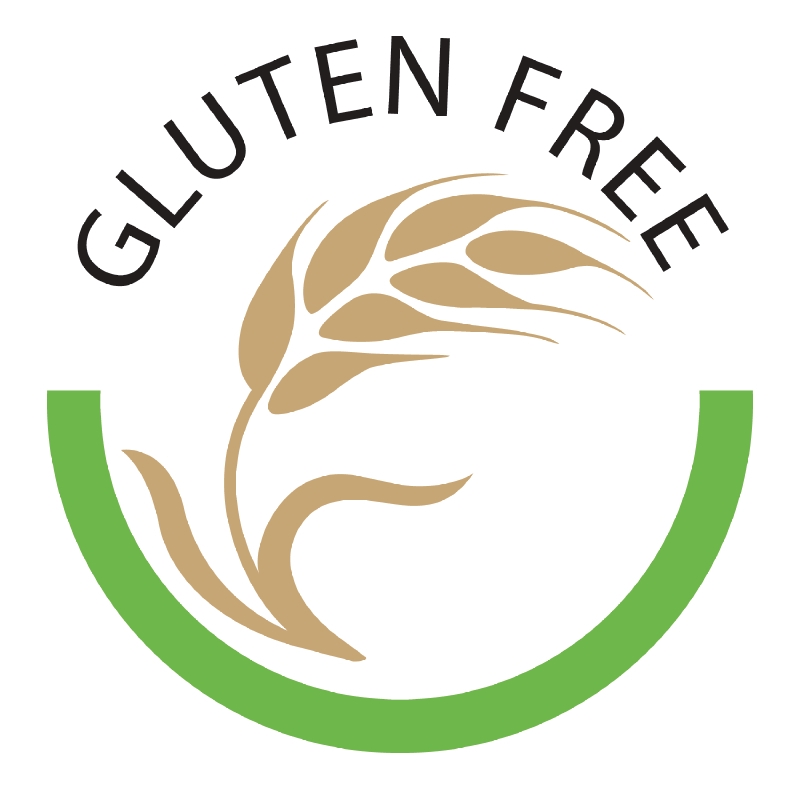For years, myths of health rumors revolving around eggs causing high cholesterol and increased risk for cardiovascular events circulated in the mainstream media. Many stopped eating eggs altogether and poultry farmers took a hit. What was once a key component of the American diet was suddenly taboo. In recent years, however, extensive research is finding that the myths that had so bashed the egg to shell-like fragments in the past was incomplete in its “fact” finding. In essence, the broken pieces were being put back together again. There are innumerable health benefits contained inside both the white and yolks of eggs.
While research still holds true that people with diabetes, heart disease, and high cholesterol should limit their daily intake of cholesterol to no more than 200 mg (an average large egg contains 186 mg cholesterol), a healthy adult can safely consume up to 300 mg cholesterol per day and “…most healthy people can eat up to seven eggs a week with no increase in their risk of heart disease.” (Are chicken eggs good or bad for my cholesterol?) If you have diabetes and heart disease, the Nurses’ Health Study and Health Professionals Follow-up study recommends limiting “…egg consumption to no more than 3 yolks per week.” (Harvard School of Public Health) It’s always important to remember to balance out meals with a variety of fresh fruits and vegetables, legumes, and whole grains to ensure a well-rounded nutritional intake. The fibers within these foods help to move excess cholesterol out of the body.
The fat contained within the egg cholesterol is essential for cell wall structure, immune system functioning, and brain health; it also helps the body to transport the fat-soluble vitamins A, D, and E into the cells for optimal health function. Egg whites and yolks have also been shown to be cardioprotective by helping the body make large, buoyant LDL and HDL particles. These large, “fluffy” cholesterol particles are easily removed by the body and do not have the tendency to adhere to the inner walls of the arteries. It is the small cholesterol particles that are notoriously known for creating plaques and disease states. The smaller the particle, the better the cholesterol lodges in an artery. The source of the cholesterol is most important to know. (Read up for more information on previous Forum Health Clarkston blogs, Loving your heart to great health; Fats: Good, Bad & the Ugly; For the Love of Fiber) Additionally, eggs are a great source of protein, providing 9 grams per serving, and contain 9 of the essential amino acids that our bodies cannot make independently. Eggs contain folate, vitamin B12, selenium, phosphorus, iron, zinc and cadmium, and the yolks are packed with choline, “an essential nutrient fro brain and cell membrane health,” (Designs for Health Research & Education Blog, 2015)
So the next time you are ready to ditch the egg, think again. Moderate consumption of eggs is actually a bonus to your cellular health, brain functioning, and healthy cholesterol levels. We need always remember that in moderation, the egg, just like a red meat, or a glass of wine, can actually help the heart function better. It is when we go to excess that disease states can develop. So balance out meals: get a wide range of fresh fruits, vegetables, whole grains, and legumes. Eat lean cuts of meats. And don’t forget to eat the occasional egg serving!
Contributed by Terri Caunt R.N., B.S.N.







